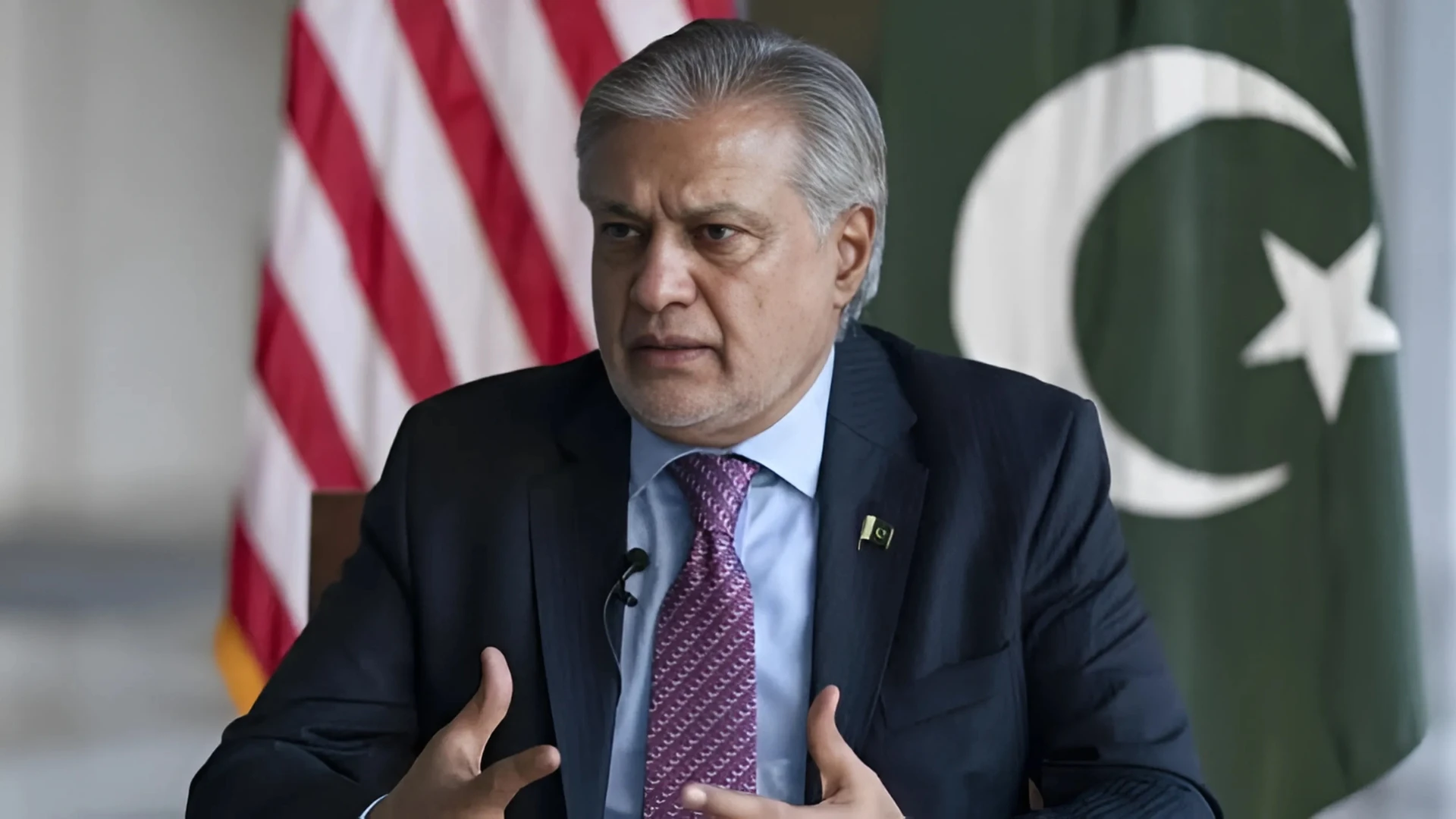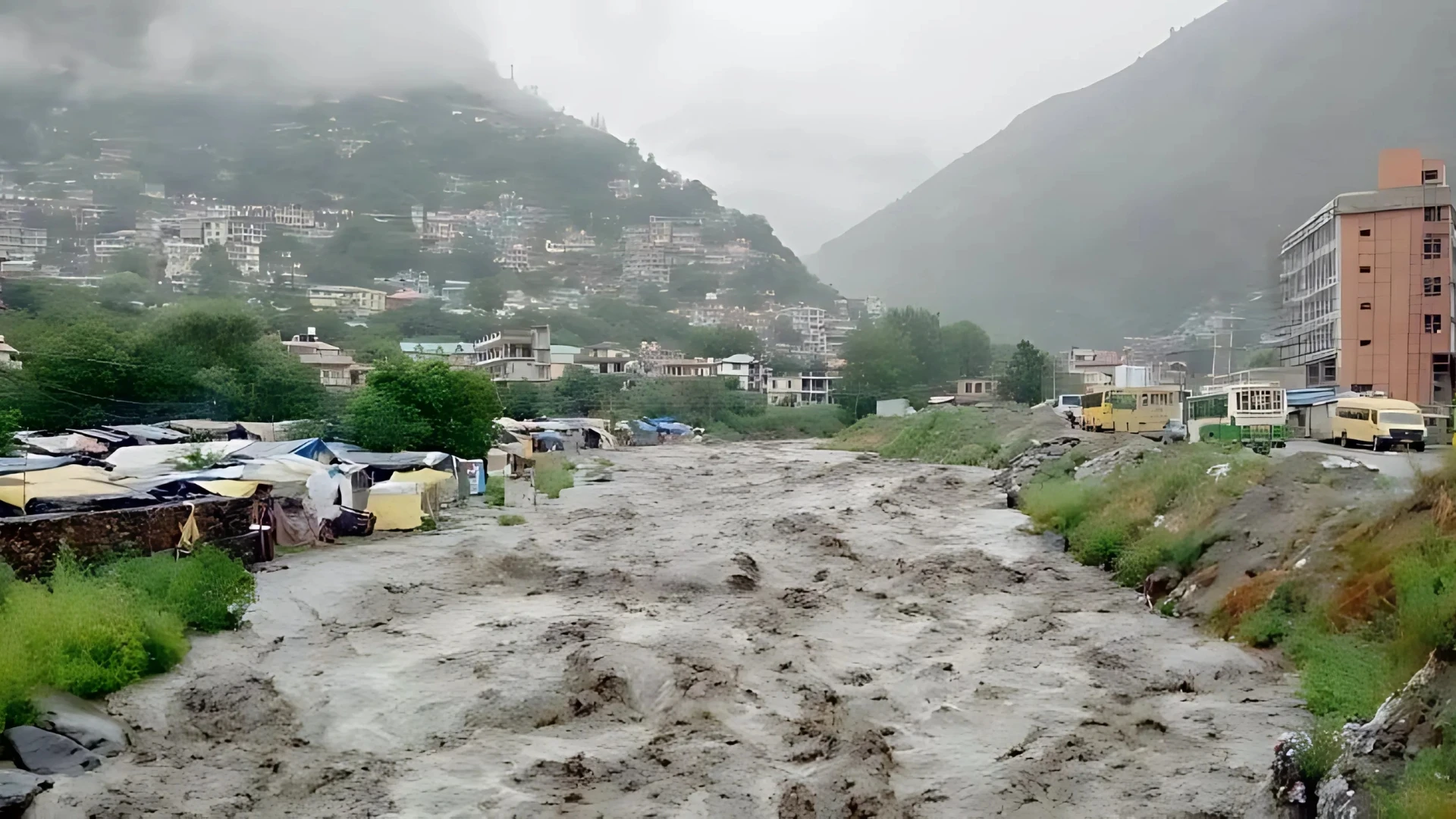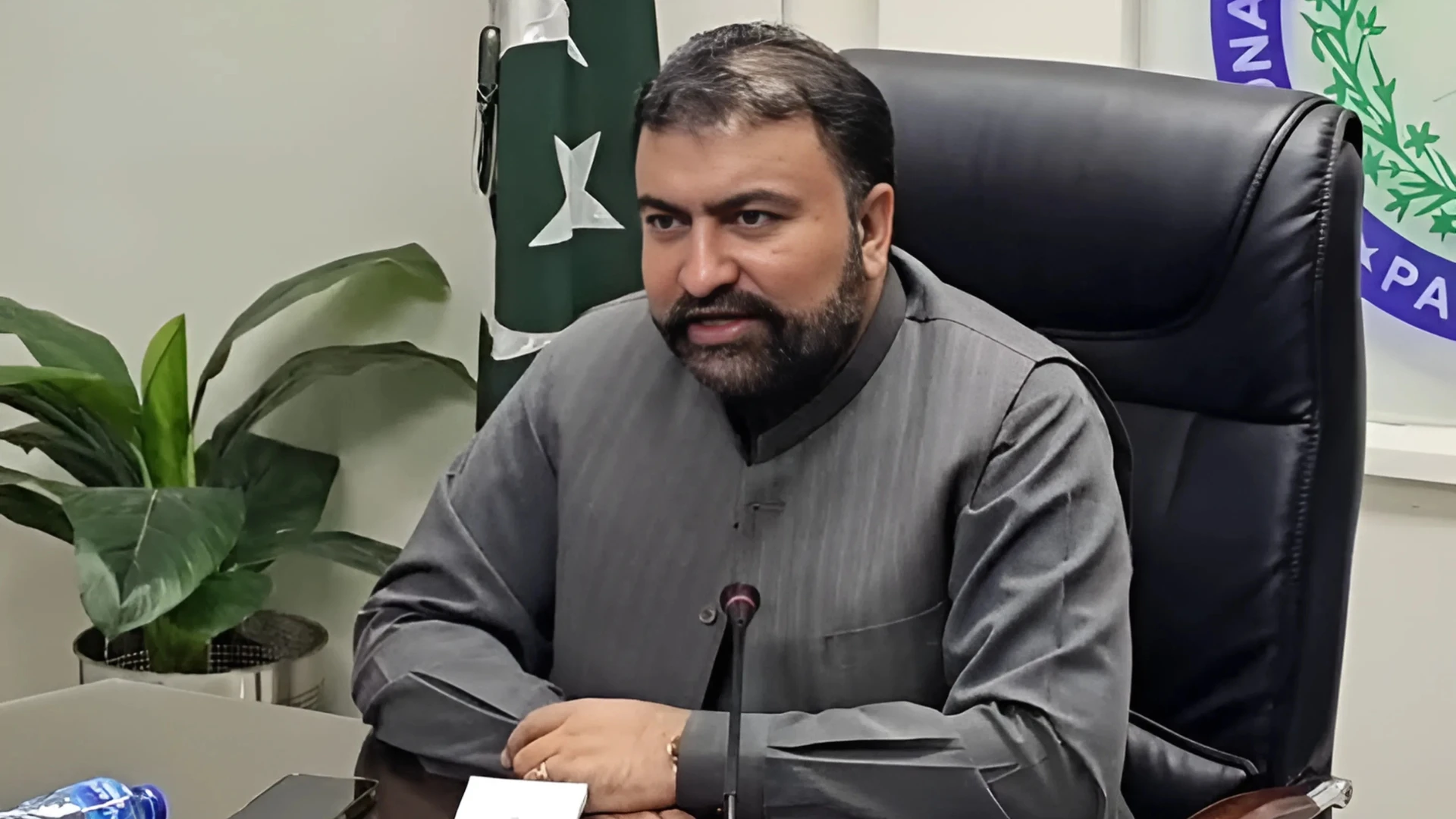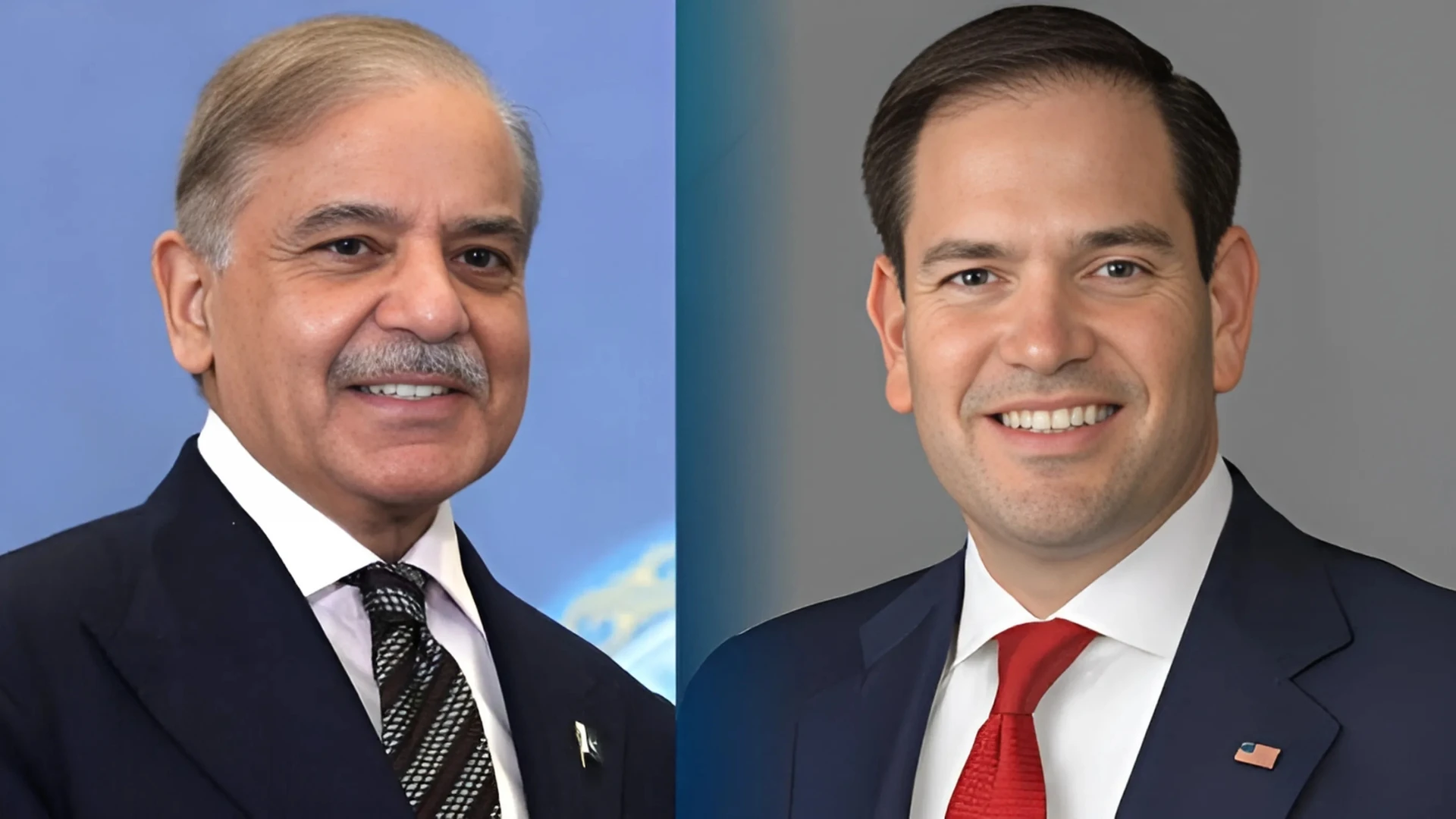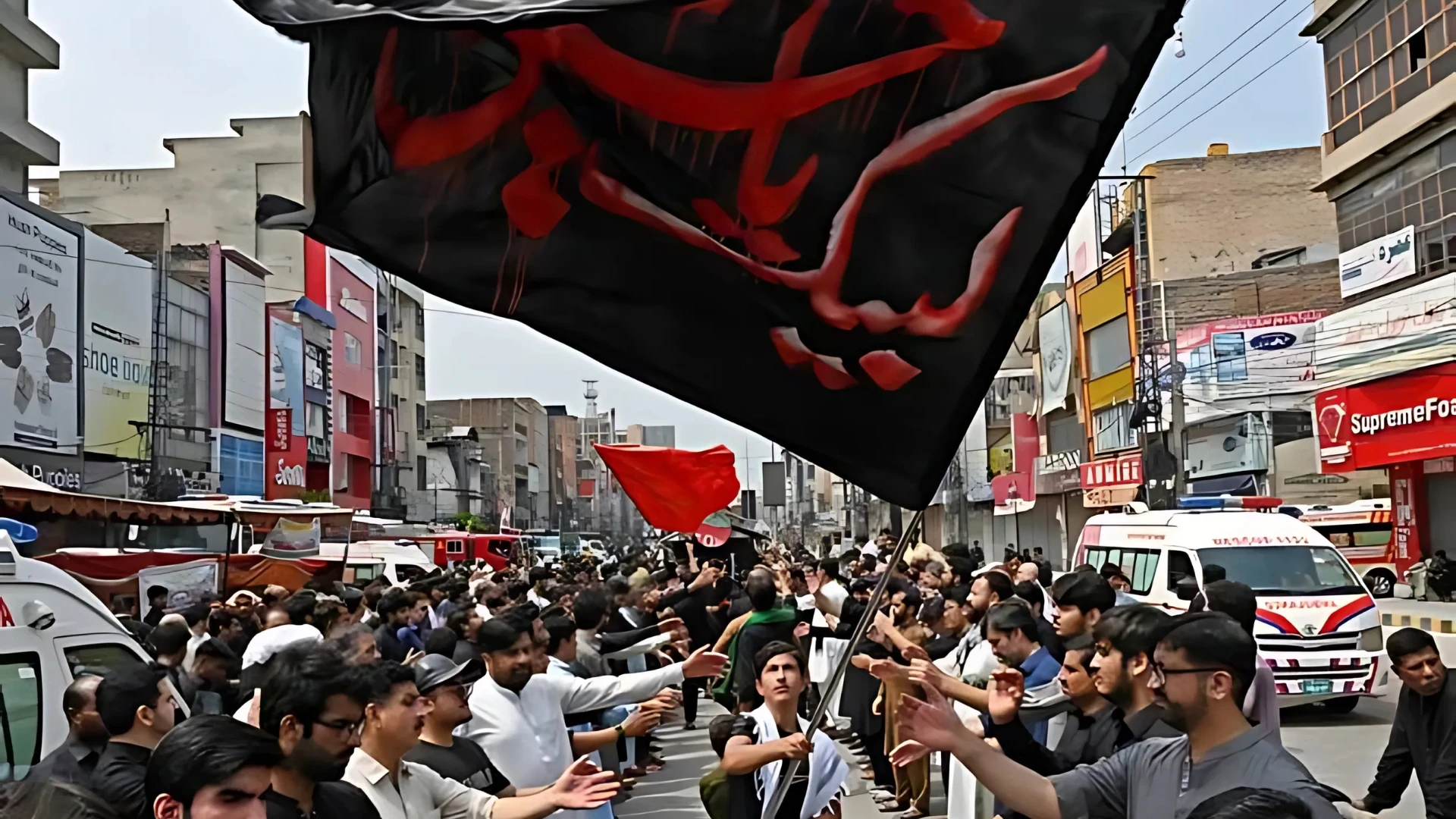ISLAMABAD: Jamiat Ulama-i-Islam-Fazl (JUI-F) chief Maulana Fazlur Rehman on Monday strongly criticized the government’s approach to national security, warning that Pakistan’s territorial integrity could be at risk due to a lack of civilian decision-making.
Addressing the National Assembly on a point of order, Maulana Rehman expressed serious concerns over the absence of state control in Balochistan, Khyber Pakhtunkhwa (KP), and the newly merged tribal districts. He cautioned that if immediate action was not taken, Pakistan’s geographical boundaries might face changes in the near future. His remarks left the house in stunned silence, with opposition members occasionally chanting "shame, shame."
Earlier, the assembly had swiftly passed five bills targeting human trafficking and organized beggary, amid protests from opposition lawmakers. Pakistan Tehreek-e-Insaf (PTI) members had twice attempted to disrupt the proceedings by pointing out quorum issues but later listened to Maulana Rehman’s speech quietly. However, as soon as Law Minister Azam Nazeer Tarar responded to Rehman’s remarks, PTI lawmakers resumed their protests and again raised quorum concerns. Deputy Speaker Ghulam Mustafa Shah subsequently adjourned the session due to a lack of quorum, as only 84 out of 336 members were required to be present.
During his speech, Maulana Rehman alleged that key policy decisions were being made behind closed doors by forces beyond the control of the government, politicians, and parliament. He claimed that elected representatives were sidelined in decision-making, which was instead being dictated by the establishment. He also criticized Prime Minister Shehbaz Sharif, suggesting that the premier was unaware of the situation in tribal areas.
The JUI-F chief highlighted the deteriorating security situation in KP and Balochistan, alleging that certain regions had effectively become lawless, with armed groups operating freely. He claimed that several districts in Balochistan were on the verge of declaring independence and could potentially gain international recognition overnight. Similarly, he warned that southern KP had lost government control, with police stations being shut down and security personnel under siege.
Referring to broader geopolitical risks, Maulana Rehman suggested that prolonged border conflicts could lead to territorial changes. He speculated that international forces might seek control over Pakistan’s nuclear and missile programs and questioned the government’s decision to allow International Monetary Fund (IMF) representatives to meet legal and judicial authorities.
Despite his criticism, Rehman extended an offer of cooperation to the government, making it conditional on the restoration of civilian supremacy and parliamentary decision-making power.
Meanwhile, the National Assembly passed five key bills, including amendments to laws on human trafficking, migrant smuggling, and emigration. These bills had already been approved by the Senate.
Separately, President Asif Ali Zardari on Monday indefinitely prorogued the joint parliamentary session, which was originally scheduled for February 18. The session had initially been convened on January 24 under Article 54(1) of the Constitution.



